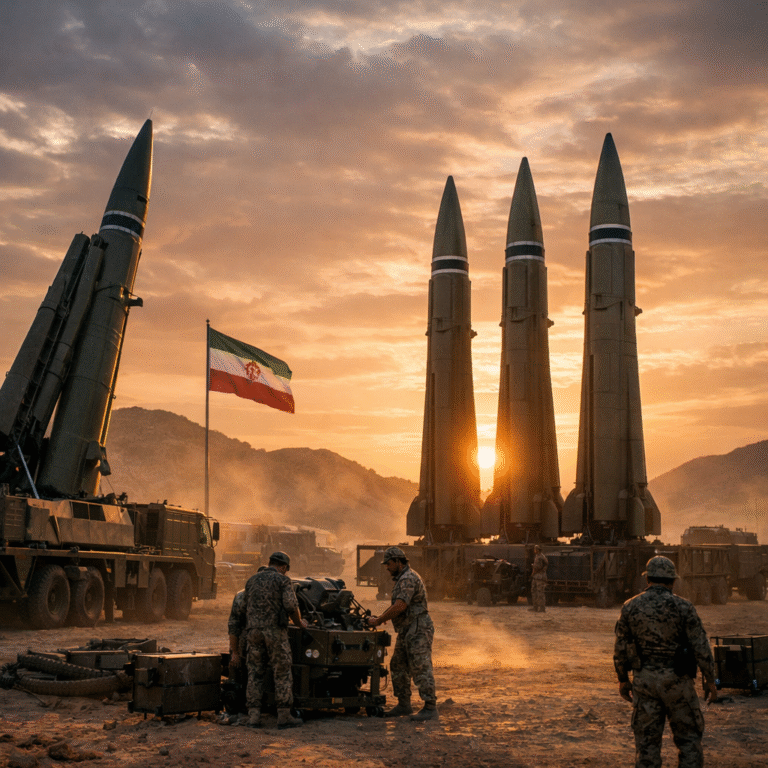
As the Socceroos prepare to face Japan in a crucial World Cup 2026 qualifier in Perth, the match transcends the football pitch, reflecting deeper economic, strategic, and cultural ties between the two nations.
World Cup 2026 Qualifier: High Stakes for Australia
Australia enters the match needing a victory to solidify its position for automatic qualification. Currently, the Socceroos hold a three-point lead over Saudi Arabia in Group C, with a superior goal difference. A win against Japan would significantly bolster their chances, though final confirmation depends on the outcome of Saudi Arabia’s match against Bahrain.
Japan, already qualified for the World Cup, is fielding an experimental squad, resting key players like Kaoru Mitoma and Takumi Minamino. Despite this, coach Hajime Moriyasu views the match as an opportunity to showcase emerging talents and reaffirm Japan’s footballing depth.
Australia faces challenges with injuries to key players such as Craig Goodwin and Jackson Irvine. Coach Tony Popovic remains optimistic, emphasizing the team’s growth since their last encounter with Japan. Notably, veteran Aziz Behich returns to the lineup after a successful season with Melbourne City.
Historical Rivalry and Cultural Exchange
The football rivalry between Australia and Japan has been intense since Australia’s entry into the Asian Football Confederation in 2006. Japan has maintained an upper hand, with Australia not securing a win in their last 16 encounters.
Beyond football, the two nations share deep cultural ties. In 2024, nearly one million Australians visited Japan, making it a top destination for Aussie travelers. Conversely, Japan has been a significant source of tourism for Australia, with strong visitor numbers and mutual interest in cultural exchanges.
Strategic and Economic Partnerships
Australia and Japan’s relationship extends into strategic and economic domains. In recent years, both countries have strengthened defense cooperation, including the Reciprocal Access Agreement, facilitating joint military exercises and operations.
Economically, the Japan-Australia Economic Partnership Agreement (JAEPA) has been instrumental in boosting trade. Japan relies on Australia for significant imports of iron ore and natural gas, while Australia imports a substantial number of Japanese vehicles and industrial products.
Conclusion
The upcoming World Cup qualifier between Australia and Japan is more than a football match; it’s a reflection of a multifaceted relationship encompassing sports, culture, defense, and economics. As both nations continue to collaborate on various fronts, their partnership serves as a model for bilateral relations in the Indo-Pacific region.



